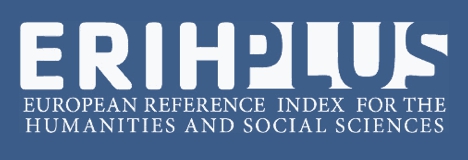Potencial energético contenido en los residuos sólidos urbanos: realidad brasileña
Abstract
La producción de residuos sólidos brasileña totaliza 199.000 ton/día; siendo, 50% orgánicos, 95.000 tons. de materia rica en elementos biodegradables, difíciles de incinerar para recuperar energía, pero con alto potencial de producir biogas; es un material enterrado sin tratamiento previo, provocando impactos a la salud humana y ambiental. Esta ponencia aborda el grave problema brasileño de dar destino adecuado al inmenso volumen de residuos que presenta posibilidades de generar abundantes cantidades de biogas usando a técnica biodigestora y, así, conseguir producir electricidad, contribuyendo con la independencia de fuentes tradicionales y fluctuantes de energía, como la hidroelectricidad. Existe otra alternativa eficiente de conseguir energía para generar electricidad, a través de la incineración del potencial energético contenido en la basura seca in natura (‘mass burn’), o bien en la masa de residuos ya segregados y secos para obtenerse vapor y accionar generadores capaces de proveer de una buena cantidad de energía eléctrica para satisfacer las demandas de ciudades medias.
Keywords
Policy Proposal for Free Access Journals
Authors who publish in this journal agree to the following terms:
a. Authors retain the copyright and grant the journal the right of first publication, with the work simultaneously licensed under the Creative Commons Attribution License which allows the sharing of the work with acknowledgment of the authorship of the work and initial publication in this journal.
b. Authors are authorized to take additional contracts separately, for non-exclusive distribution of the version of the work published in this journal (eg publish in institutional repository or as a book chapter), with acknowledgment of authorship and initial publication in this journal.
c. Authors are allowed and encouraged to publish and distribute their work online (eg in institutional repositories or on their personal page) at any point before or during the editorial process, as this can generate productive changes, as well as increase the impact and The citation of published work (See The Effect of Free Access).





















